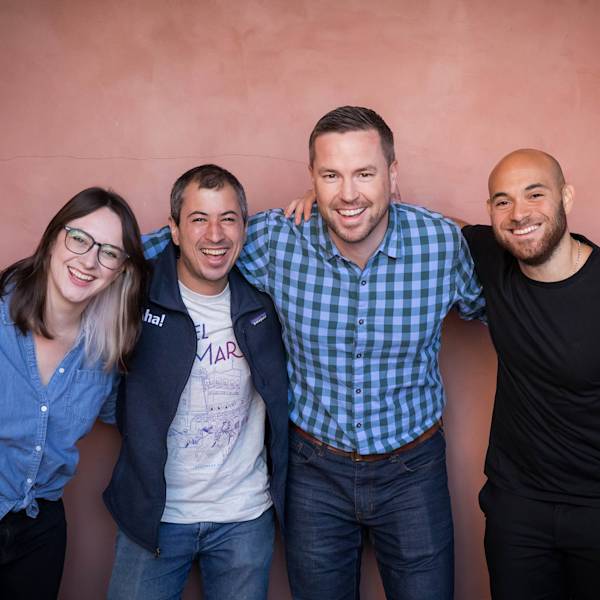
Product Management All-Star: 6 Questions With Nate Hicks
We have the best job in the world — Aha! builds software for software builders. And we are connected with people you should know. The folks who are building what is next for customers around the world. So we are asking exceptional product managers who are shaping the future to share their knowledge with you.
Based in Cincinnati, Ohio, Nate Hicks has 14 years of experience in the aviation industry and five years of experience in software. He currently manages the Asset Records portfolio for GE Digital, Aviation Software.
Nate is a proud husband and father of four beautiful kids. He enjoys watching his kids' sporting events and coaching his son's LEGO robotics team. He also loves serving as a Lieutenant Colonel in the U.S. Army Reserve.
When did you learn product management existed?
"When I worked in GE's Aviation Operations Center, we used an antiquated tool to manage engine concerns. I helped design and launch a new application for our global customer base. I discovered this type of work was called software product management and I eagerly took a job with a new software team GE Aviation was creating. This was a great fit for me and I'm still loving it five years later."
What was your first product job?
"At GE Aviation Digital Solutions, I helped build software to connect data sources from many disparate sources within the aviation industry. I experienced tremendous personal and professional growth. Customer engagement, solution designing, and creative problem-solving really helped prepare for my current role managing a portfolio of products called GE Digital Asset Records."
What is the most important trait for a product manager?
"Intellectual curiosity is most important. Be curious about how your customers do their job and how they use your product. This allows you to be empathetic to their pain points and find ways to solve those problems with your product.
Be curious in asking your engineering team for deep technical answers too. This helps you grow credibility with your team and with external customers."
What would you recommend a new product manager not do?
"Don't always take customer feedback at face value. Sometimes people ask for things based on how their current process works. Ask why and use your creativity to identify what they are really trying to accomplish with their request.
This helps you develop innovative solutions that customers will love. They also feel like they were part of the creation process and gives them greater ownership in the adoption of a new process or tool."
If product management had a slogan, what would it be?
"Innovation is king. It's as simple as that. Today's product is tomorrow's old news."
What will change most about managing products in 2030?
"Remote working will grow tremendously in this decade. Product managers will have to excel at remote collaboration and remote engagement for the cross-functional teams they lead.
I also think we will see more use of customer input on software user interface design and functionality with integrated customer empathy tools like Aha! Ideas. Customers want to provide feedback and requests for improvement and product managers need to make it intuitive and easy for them to do this with increased remote touchpoints."




